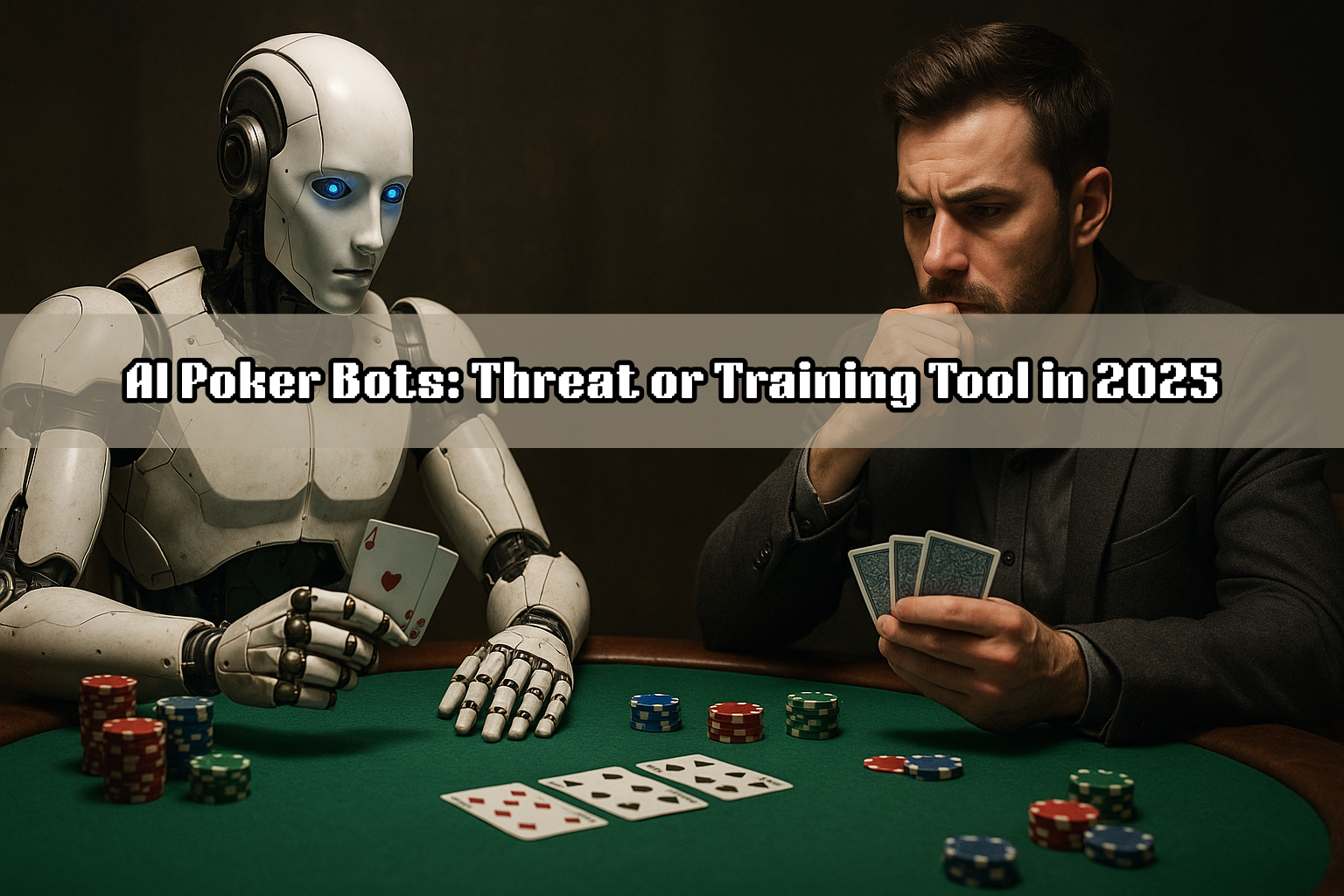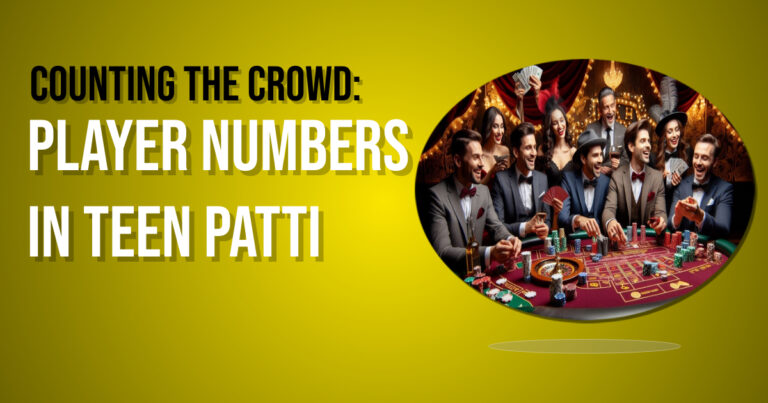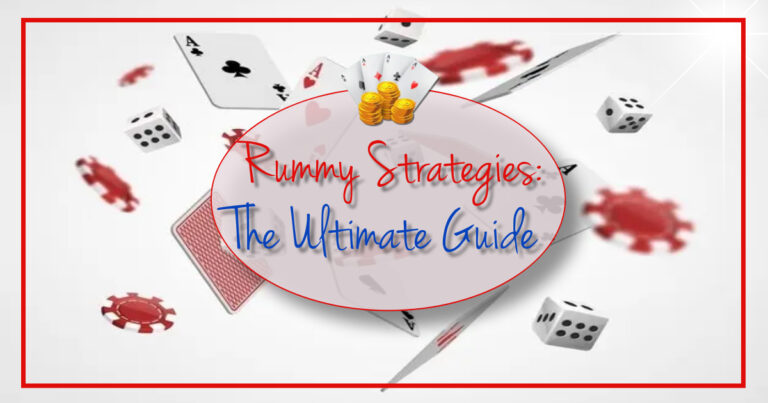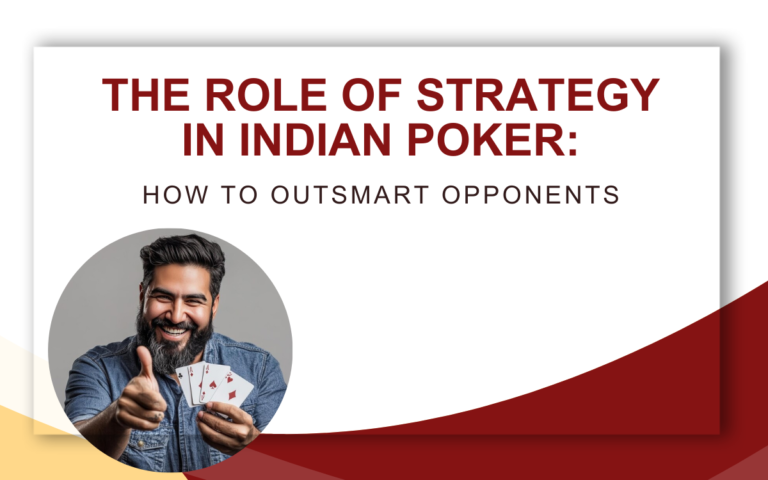AI Poker Bots: Threat or Training Tool in 2025
Artificial Intelligence (AI) has disrupted nearly every industry—and the world of poker is no exception. As we move deeper into 2025, AI poker bots have become more sophisticated, raising a pivotal question: are they a threat to fair gameplay or a powerful tool for player training?
The answer is complicated. While AI can be used to cheat and undermine competitive integrity, it also has the potential to elevate the skills of serious players and revolutionize learning. This article explores both sides of the coin to determine whether AI poker bots are enemies of Rummy games—or allies.

The Rise of AI in Poker
AI’s involvement in poker is not new. In 2017, Libratus, an AI developed by Carnegie Mellon University, famously defeated top professional poker players in no-limit Texas Hold’em. Since then, the technology has advanced rapidly, with bots now capable of playing not just theoretically optimal poker but also adjusting strategies based on opponents’ weaknesses.
By 2025, AI bots are easily accessible to players, including those in platforms like Teen Patti Stars. Some AI Poker bots are integrated into training software, while others lurk in the shadows of online poker rooms, making them both powerful and potentially dangerous.
AI Poker Bots as a Threat
1. Unfair Advantage in Online Games
The most immediate concern with AI poker bots is their ability to play better than most human opponents. These bots can calculate pot odds, track betting patterns, and make game-theory-optimal (GTO) decisions faster and more accurately than humans.
In 2025, the proliferation of stealth bots in online platforms, particularly on lower to mid-stakes tables, poses a serious threat. For casual and recreational players, unknowingly facing bots can result in consistent losses and a diminished gaming experience. For platforms, it undermines trust and can lead to user attrition.
2. Difficulty in Detection
AI poker bots have become adept at mimicking human behavior. They no longer play perfectly robotic GTO lines with every hand. Instead, they incorporate bluffing, unpredictable timing, and emotional mimicry—making it harder for platforms and players to detect them.
Even advanced bot-detection systems that analyze hand histories, decision times, and playstyle anomalies struggle to distinguish AI from seasoned professionals. This makes enforcement a costly and complicated affair for online poker operators.
3. Impact on Poker’s Integrity
At its core, poker is a psychological game—a battle of wits, intuition, and reading opponents. When bots enter the ecosystem, this dynamic changes. Instead of a mental sport between humans, it becomes a computational arms race.
In live poker, bots aren’t a concern, but in the increasingly popular realm of online poker—including mobile apps, real-money platforms, and even social poker rooms—bot infiltration can damage the credibility of the entire system. If players lose faith in the fairness of the game due to unchecked AI Poker bots, the industry could suffer widespread consequences.
AI Poker Bots as a Training Tool
While AI bots may be a threat when used unethically, they also hold immense potential as a learning resource—especially in the context of Gen Z and poker. In fact, many serious players are turning to AI as a way to refine their skills, plug leaks, and simulate thousands of scenarios quickly.

1. GTO Solvers and Strategy Simulators
Training tools like PioSOLVER, GTO+, and others have evolved in 2025 to include AI-driven opponent modeling, real-time simulations, and custom strategy generation. These programs analyze hand histories and provide detailed insights into optimal lines and counter-strategies.
Using bots for study rather than cheating allows players to improve efficiently. They can identify where their decisions deviate from optimal play and learn how to adjust. This is especially valuable in today’s hyper-competitive online environment, including VR poker, where even minor leaks can be costly.
2. Personalized Coaching
Some AI Poker bots now act as virtual coaches. These bots evaluate your game based on tracked sessions, understand your tendencies, and design tailored training regimens. With voice-guided feedback, hand-by-hand review, and challenge modes that simulate tough scenarios, these AI tools offer interactive learning far beyond what static tutorials or forums can provide.
In 2025, new platforms have emerged that offer subscription-based services where users can “play against the bot” in training mode and get real-time advice during or after the session. For aspiring pros, this is a game-changer.
3. Mental Game Enhancement
AI doesn’t just help with technical skills. It’s also being used to improve the psychological aspect of poker. Bots can simulate various playing styles—aggressive, tight, loose, tricky—allowing players to practice adjusting to different opponents under pressure.
Some AI trainers even simulate tilt-inducing scenarios to help players build emotional control. This type of psychological conditioning was previously only available through expensive coaching or years of experience.
The Legal and Ethical Landscape
The legality of AI poker bots hinges on how they’re used. Training with AI bots in private or offline environments is generally encouraged. However, using them in real-money games without disclosure is typically banned by most platforms and can lead to account suspension or permanent bans.
In 2025, platforms are increasingly investing in AI-detection tools and stricter regulations. Many now incorporate real-time monitoring, mandatory identity verification, and even hand analysis by AI to detect suspicious patterns. Regulatory bodies have started pushing for more transparency and requiring operators to disclose how they combat bots.
But enforcement is tricky. Players continue to find loopholes, and black-market AI Poker bots are sold on underground forums. Ethical questions arise: if everyone else is using a bot to gain an edge, are you at a disadvantage if you don’t?
Striking a Balance
So, how should the poker community respond to AI bots in 2025 to protect the integrity of the game and the viability of a Poker career?
The answer lies in separating ethical training use from exploitative cheating. Using AI to study and improve outside of gameplay benefits the game. It raises the overall skill level and levels the playing field. But using bots during live play is clearly unethical and threatens the integrity of poker.
Operators, players, and regulators must work together to define clear guidelines:
- Platforms must invest in detection tools, enforce bot bans, and educate players.
- Players should use AI responsibly, distinguishing training from real-play.
- Regulators need to hold platforms accountable and foster fair play.
Final Thoughts
AI poker bots in 2025 are both a threat and a tool—depending on how they’re used. When deployed responsibly, they can accelerate learning, deepen understanding, and improve performance. But when used deceptively in real games, they erode trust, hurt the community, and challenge the spirit of competition.
As technology advances, the poker world must adapt—embracing AI for growth, but guarding against its misuse. Whether you’re a casual player, a pro grinding online, or someone who play poker as a platform operator, how you engage with AI will define your experience in the modern game.
In the end, the real question isn’t whether AI is a threat or a tool—it’s whether we as a community can uphold the line between the two.

5 FAQ’s: AI Poker: Threat or Training Tool
1. What are AI poker bots?
They’re AI-powered programs that analyze hands, calculate odds, and play like skilled humans.
2. Why are they a threat?
Bots give unfair advantages online, making games less fair and eroding trust.
3. Can AI bots be used ethically?
Yes—when used for training and study, not for real-money gameplay.
4. How do poker sites fight bots?
Through AI detection tools, identity checks, and stricter monitoring systems.
5. How can AI help players improve?
By acting as virtual coaches, analyzing mistakes, and offering real-time strategy feedback.







